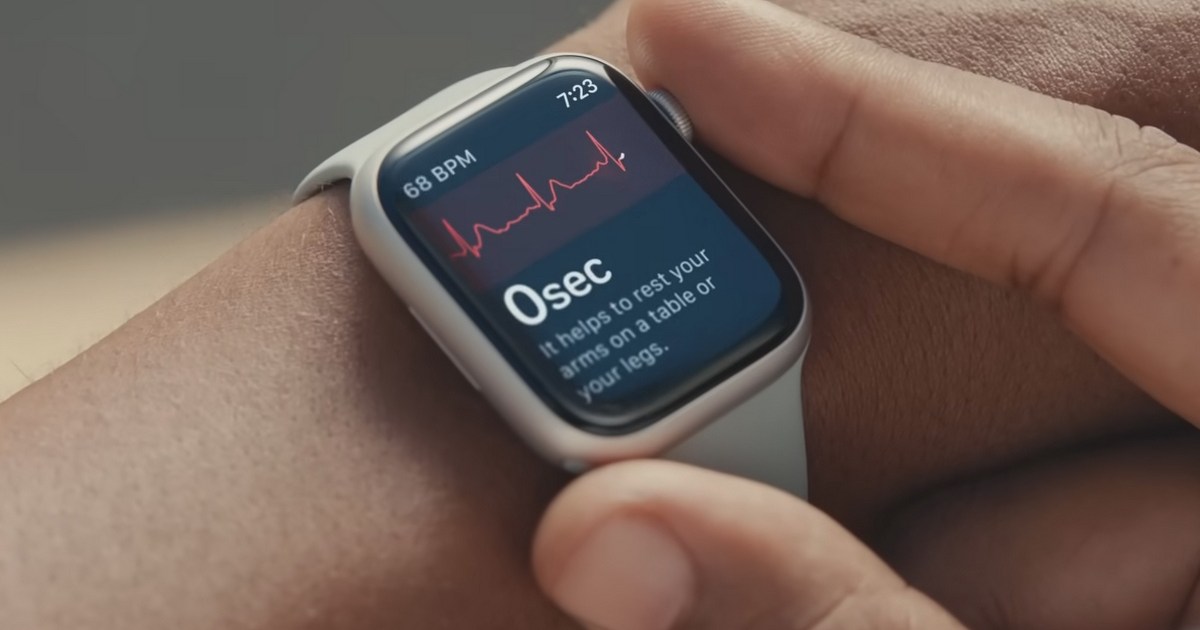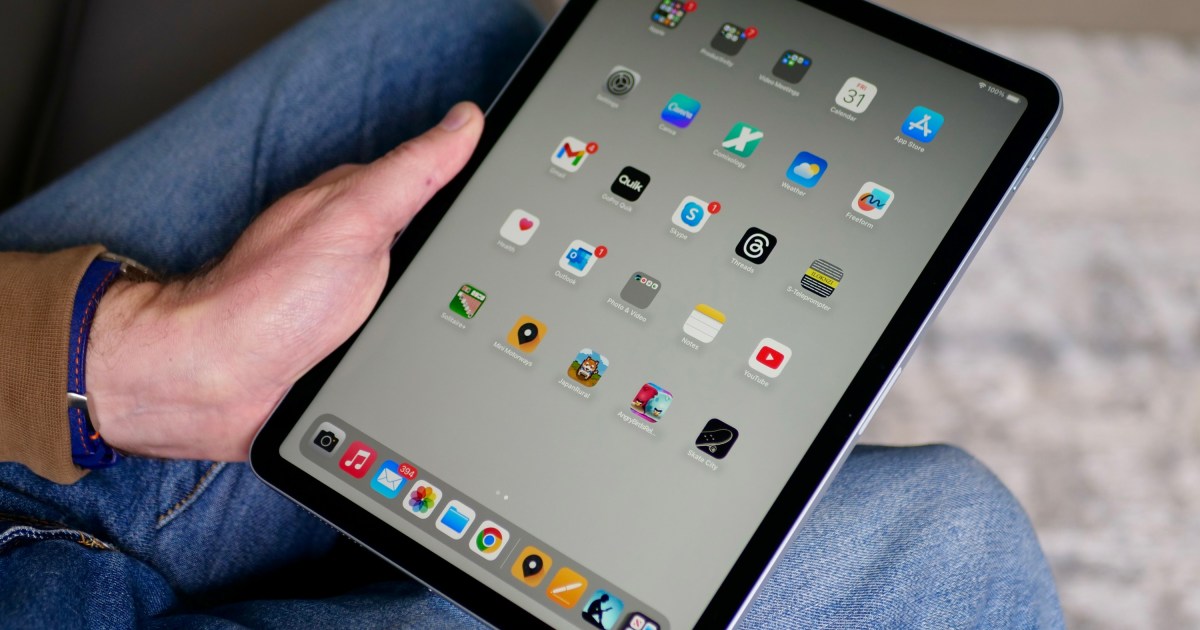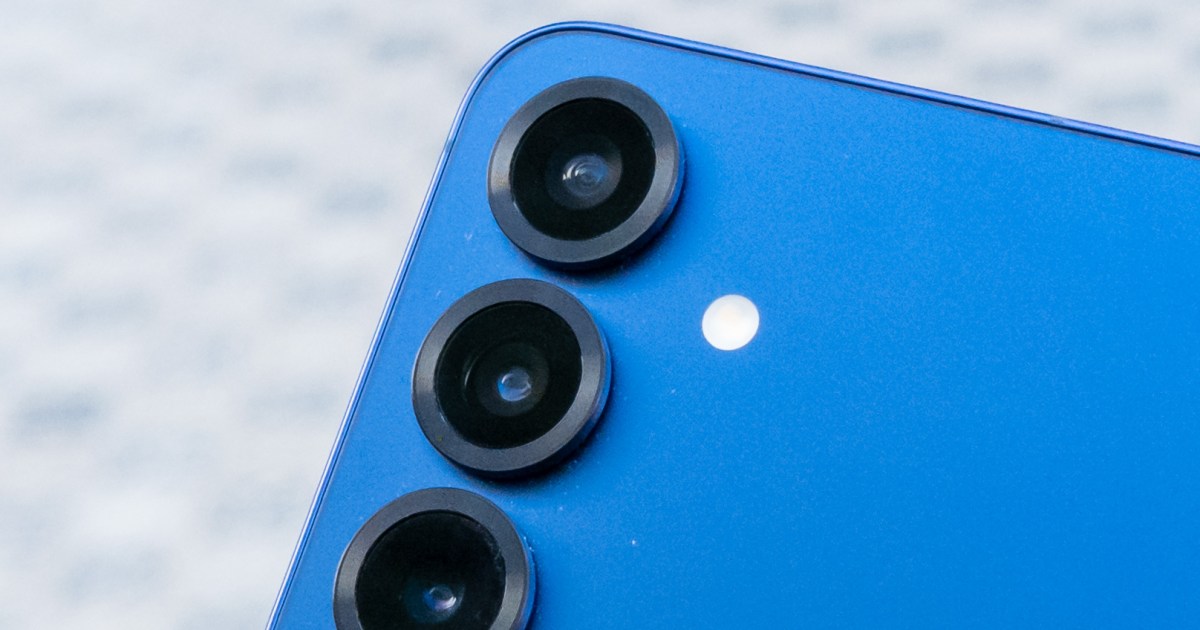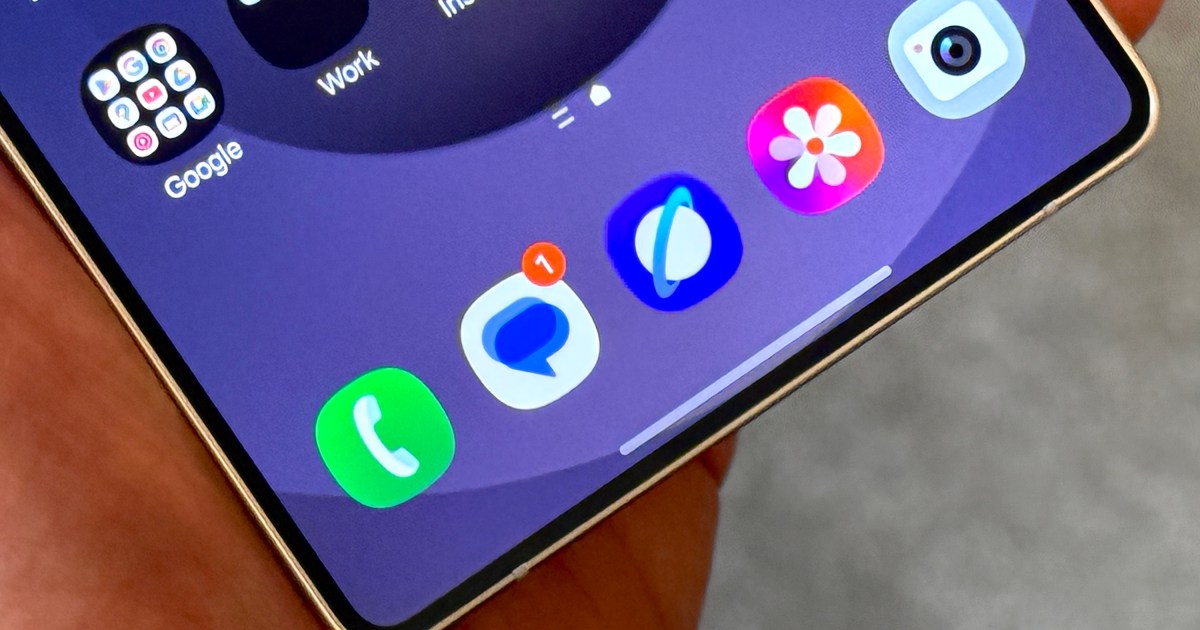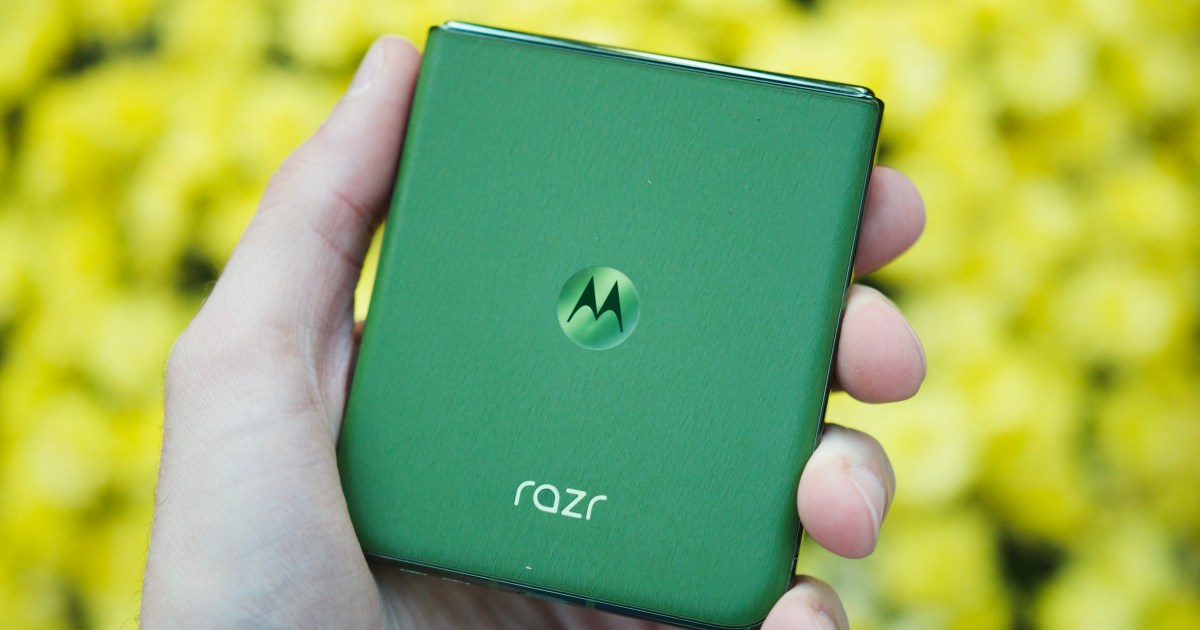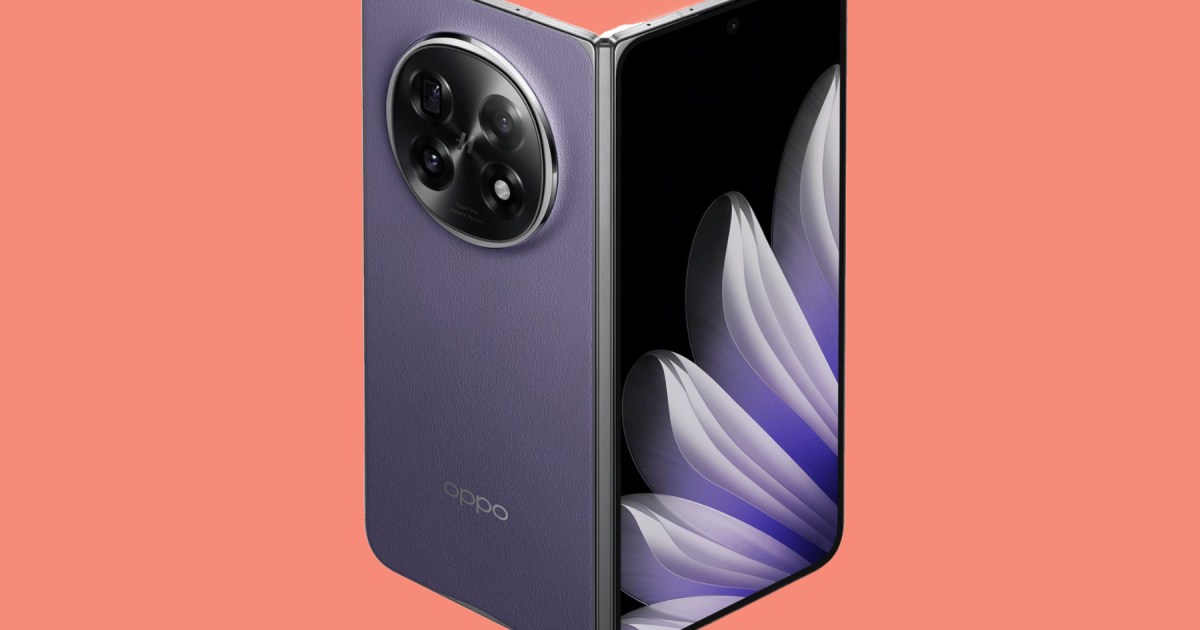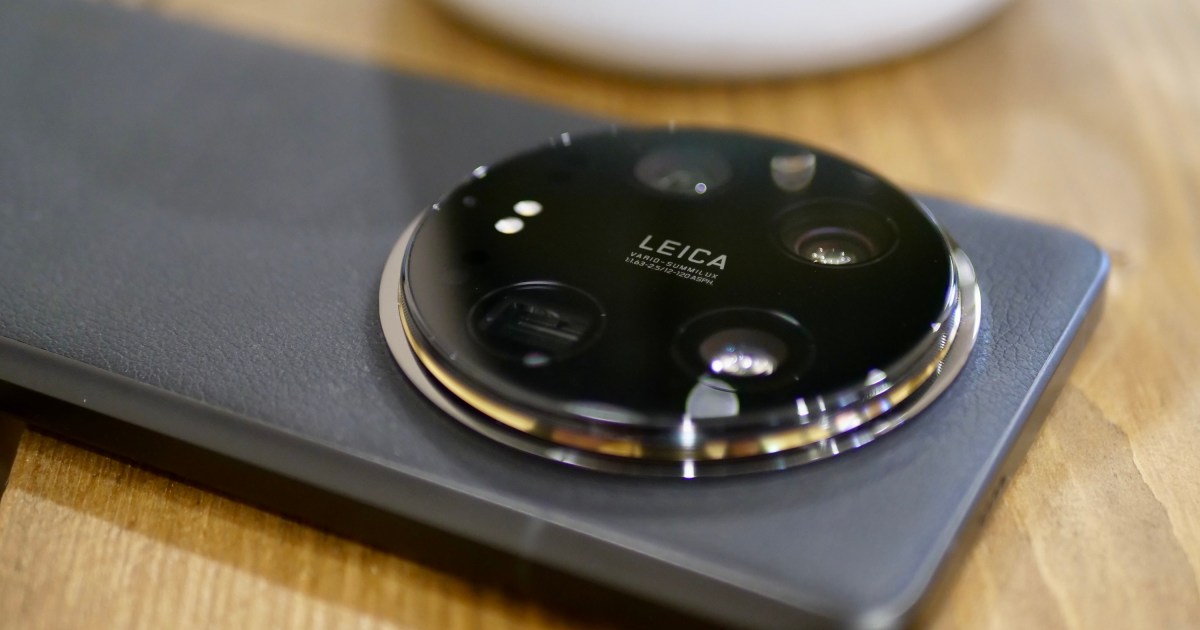Congestive heart failure (CHF) is a serious condition affecting over five million Americans, and it’s the most common diagnosis for hospitalized patients over 65. According to Johns Hopkins Medicine, heart failure contributes to one in nine deaths. However, a new smartwatch-based detection method offers a potential lifeline.
Researchers at Tampere University have developed a real-time analysis method using smartwatches and heart rate monitors to detect CHF. This multi-disciplinary research combined expertise in heart health and machine learning to analyze cardiac activity patterns, much like how AFib detection utilizes ECG data to identify irregular heartbeats.
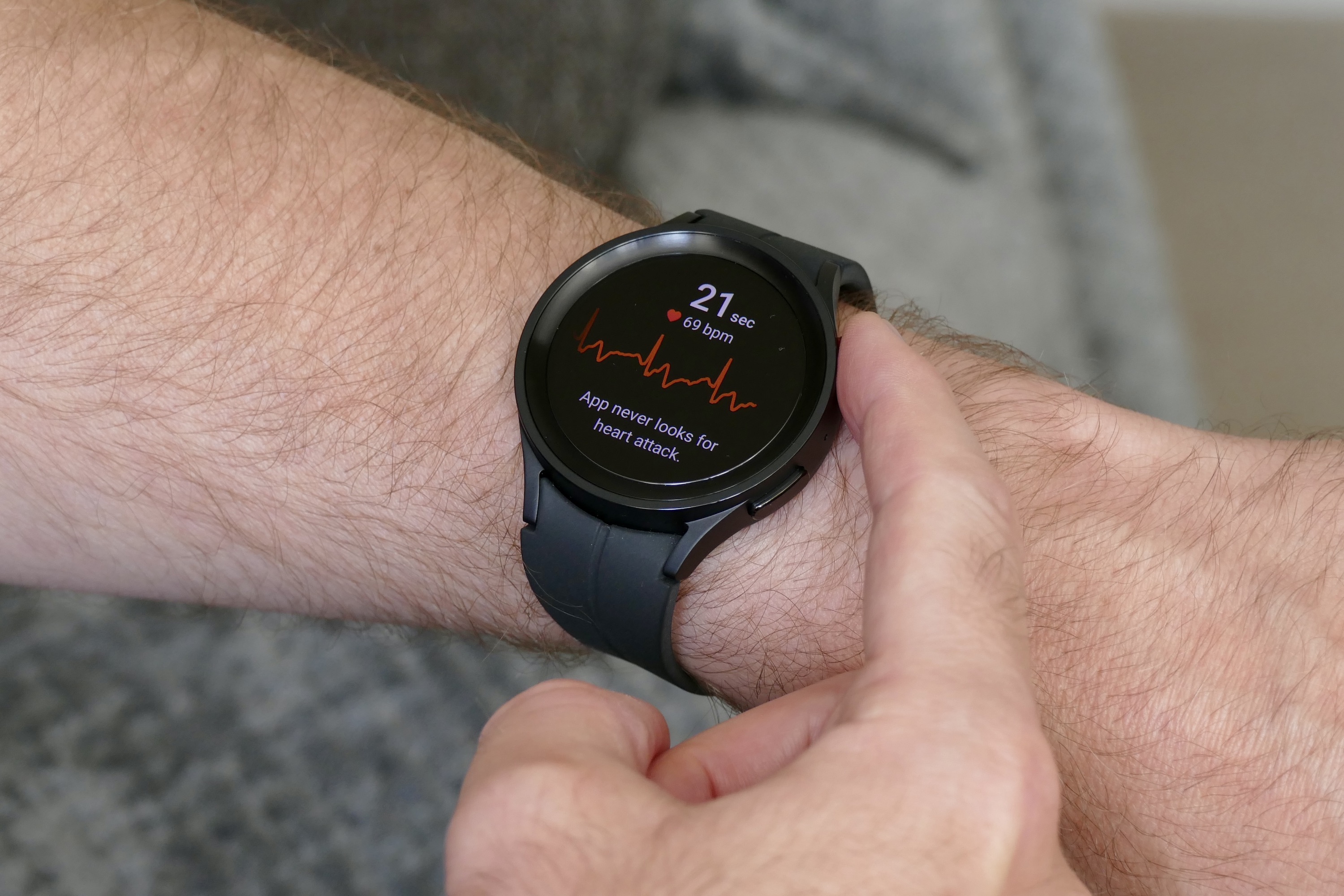 Taking an ECG on the Galaxy Watch 5 Pro.Alt: A Galaxy Watch 5 Pro displaying an electrocardiogram (ECG) reading.
Taking an ECG on the Galaxy Watch 5 Pro.Alt: A Galaxy Watch 5 Pro displaying an electrocardiogram (ECG) reading.
The Tampere team focused on RR intervals, representing the duration of a ventricular cardiac cycle and the time between two successive R-waves on an ECG. They tested the accuracy of their method against a control group of healthy individuals and those with atrial fibrillation (AFib).
The research, published in Heart Rhythm O2, revealed impressive accuracy in detecting CHF signs using smartwatches. This cost-effective and convenient system could enable early detection and potentially save lives. The study concludes that “This approach highlights the potential of non-invasive, cost-efficient RRI analysis for early detection of CHF (congestive heart failure) and AF (atrial fibrillation).” The method achieved 90% sensitivity and 92% specificity for detecting heart failure and AFib markers.
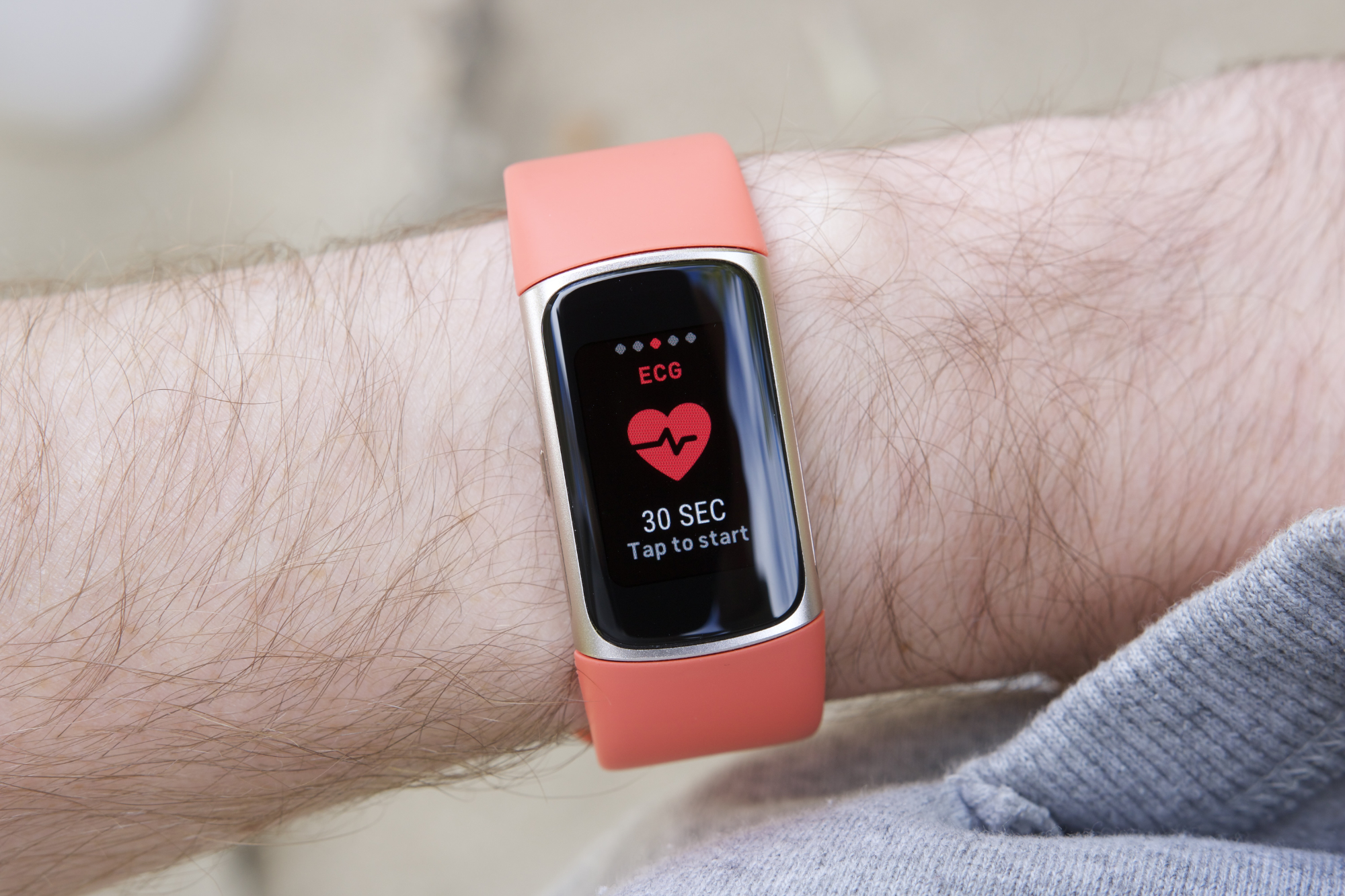 ECG app on the Fitbit Charge 6.Alt: The ECG app interface displayed on a Fitbit Charge 6 smartwatch.
ECG app on the Fitbit Charge 6.Alt: The ECG app interface displayed on a Fitbit Charge 6 smartwatch.
This team previously developed a smartwatch method to predict sudden cardiac death risk using just one minute of heart rate data. Professor Jussi Hernesniemi, a cardiologist at Tays Heart Hospital, emphasized the potential for early CHF detection with readily available equipment, eliminating the need for complex procedures.
This breakthrough is part of a growing trend of promising smartwatch-based health research. In just a decade, smartwatches have evolved from simple digital companions to powerful health monitoring tools. Existing smartwatches can measure blood pressure and detect sleep apnea, with blood glucose monitoring on the horizon. Recent research also shows the potential of smartwatch data to detect and understand the genetic basis of psychiatric illnesses.
This advancement in CHF detection reinforces the transformative role of smartwatches in healthcare, offering accessible and potentially life-saving diagnostic capabilities.



